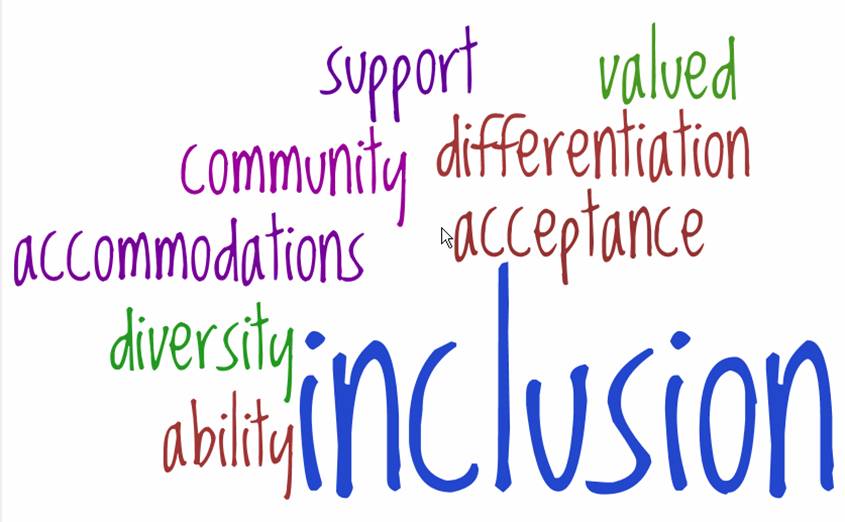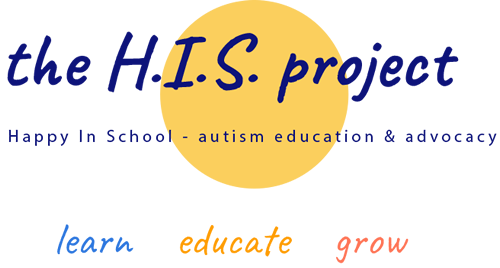One of the many things that inspires me, is the sheer breadth and depth of educational information available to research, analyse, absorb, and form an opinion on. In particular inclusivity in education. Even those two words, ‘inclusive & education’ can create a flurry of differing opinions.
Some educationalists and parents think, for different reasons, that inclusive education is doomed to fail. I’ve met some! For others, the reality of inclusive education is more nuanced: does inclusion mean children with SEND in a mainstream school with additional support in the classroom, or playground, or children with SEND taught in a unit attached to mainstream school? Naturally, your opinion will be flavoured by how successful your experience of inclusion has been.
Like most big education issues, the debate needn’t be polarising, a myriad of factors influence the success of an inclusive educational environment: the culture of the school, the leadership, the size of the school and its budget, the nature of the disabilities, even the built environment of the place of learning. The needs of the individual child are naturally at the heart of the debate. If a child prefers to be educated at home or in a unit away from their peers rather than in the classroom, their desire for separateness to enable them to learn, is key to the success of inclusion. Needs are not homogenous, they can be as complex as the individual child or startlingly simple accommodations, once they are understood.

happyinschool loves the ‘i’ word
In a fair and just society, all children should have access to a varied educational experience, one that will enable them to learn and eventually become independent beings. A reasonably wealthy state should consider the financial support of its vulnerable citizens as the ultimate charitable and socially responsible act. This does not preclude generous individuals or families contributing their own means towards educating society’s most vulnerable members.
If inclusion helps to flatten out the educational, and in many cases, social disadvantage that exists for many children and young people with disabilities, long may the discussions continue – hopefully in many shades of orange (the colour of determination, joy and creativity:)
So, what does the ‘i’ word mean to me? Individuality/ Independent/Ideas/Ingenuity/Intrigue/Insight…. you get me?
© Suzy Rowland
